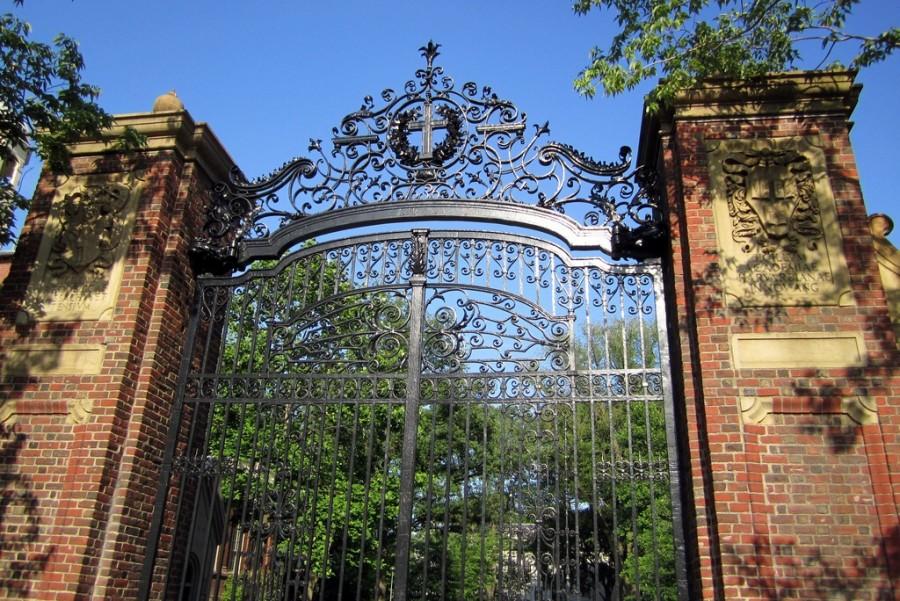College endowments should be taxed
Harvard’s doors open only for those who can pay the gatekeeper.
May 21, 2015
While the American tax code has always had loopholes, political and financial analysts across the country have found what seems to be a gaping crater in tax regulation: college endowments.
It may come as a shock to many when they see a list of the endowments of the top 10 American colleges. If one strictly looks at the numbers, he or she may mistake it for a list of the wealthiest Americans. Harvard University alone has an endowment of over thirty-five billion dollars while other prestigious schools like Princeton, Yale, Columbia, MIT, Duke, Stanford, and the University of Pennsylvania all have endowments exceeding 10 billion dollars.
According to a 2015 Washington Post article, the top 10 colleges hold over one-third of the overall wealth of all American universities, which amounts to holdings of over 180 billion dollars. It has become clear that the nation’s income divide has permeated the American college system as the top 10 colleges have monopolized the flow of capital and fundraising sources.
In the current tax code, none of the endowments, landholdings, and annual profits of these elite colleges are taxed. By not collecting taxes, the larger public is underwriting the education of the students attending these universities.
According to another 2015 Washington Post article, it is estimated that the average taxpayer subsidies per student is $41,000, which suggests that American taxpayers are compensating for over 2.8 billion dollars that the government is not extracting from these wealthy colleges.
While many argue that financial liquidity allows many of these colleges to offer need-blind admission and cover the costs of students unable to pay their tuition, wealthy students outnumber poor students in America’s elite colleges by a ratio of 14:1, according to the second 2015 Washington Post article. This statistic implies that not only is the larger American public paying for the students who attend these universities but also is subsidizing the education of the wealthiest few.
Moreover, the income divide among American universities have allowed these elite colleges to firmly establish themselves as trendsetters and direct the trajectory of American higher education. Smaller colleges have been “locked-out” and are forced to follow in their footsteps because the top colleges set the standards and perceptions of a quality education.
The American tax code needs an immediate policy revamp in order to ease the burden off of taxpayers. According to a 2015 Education Advisory Board (EAB) report, an optimal solution to make the American college system more equal would be to impose a graduated excise tax on colleges whose endowments exceed 500 million dollars.
Such a policy change would be in the spirit of American egalitarianism and help make quality higher education accessible to all and more equal like America’s prized public school system.


